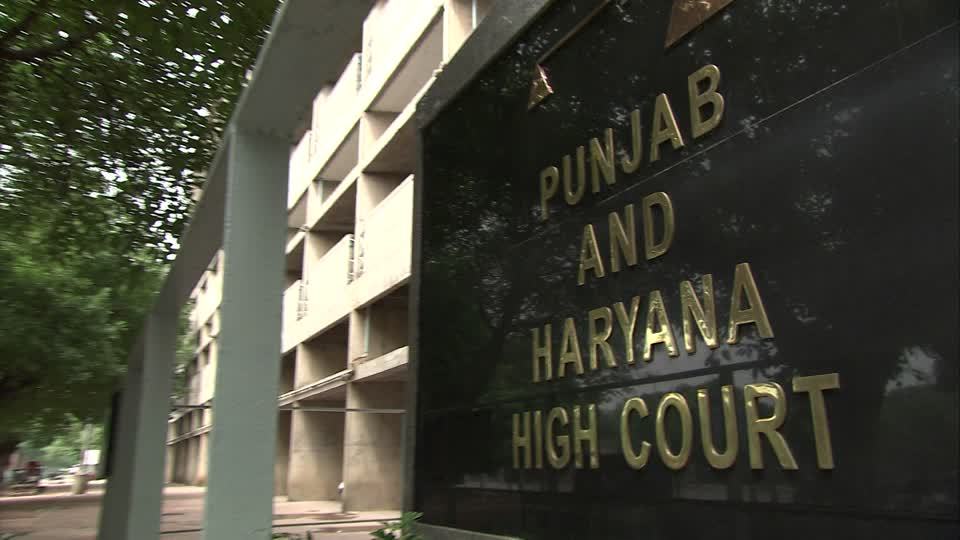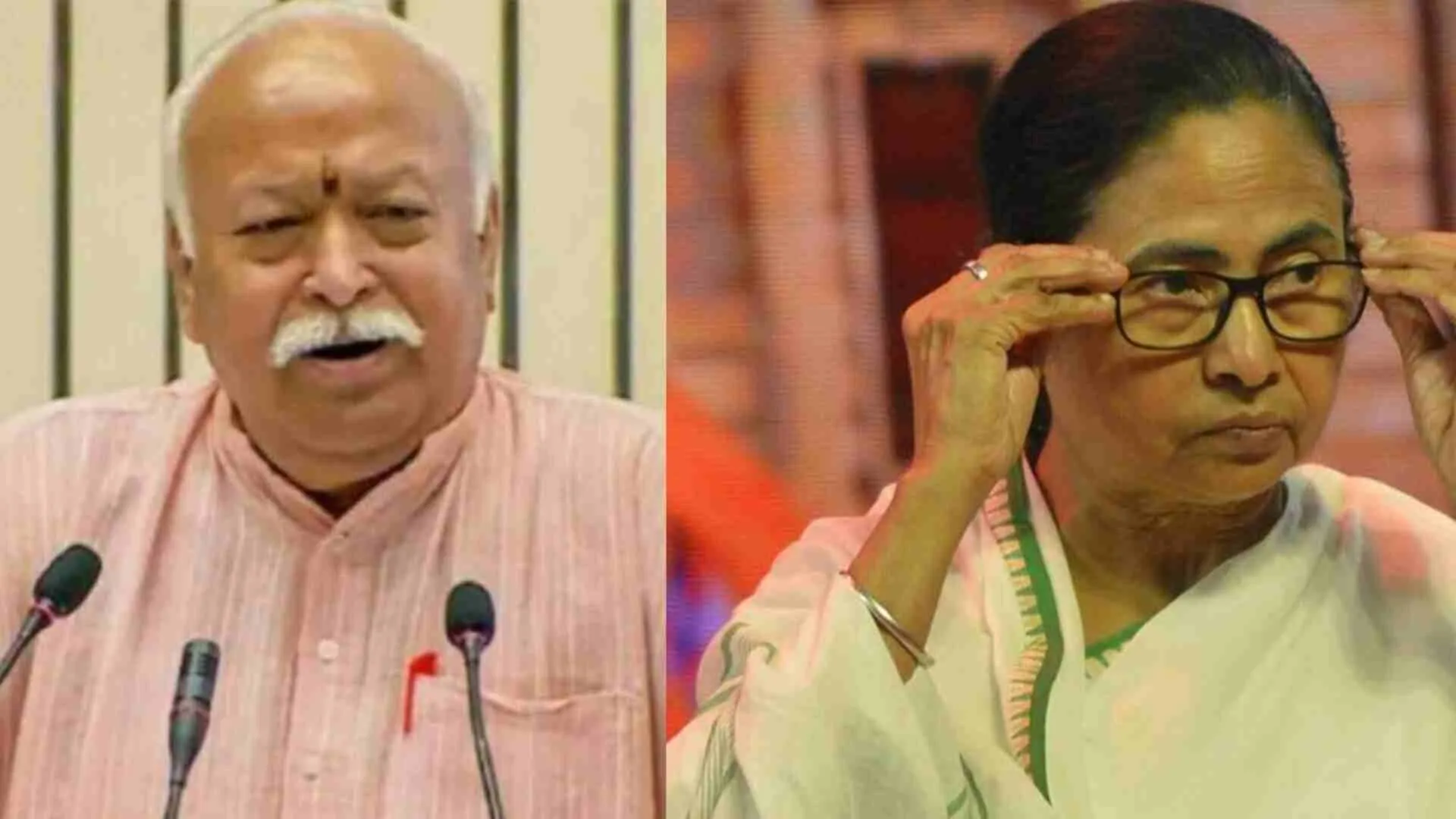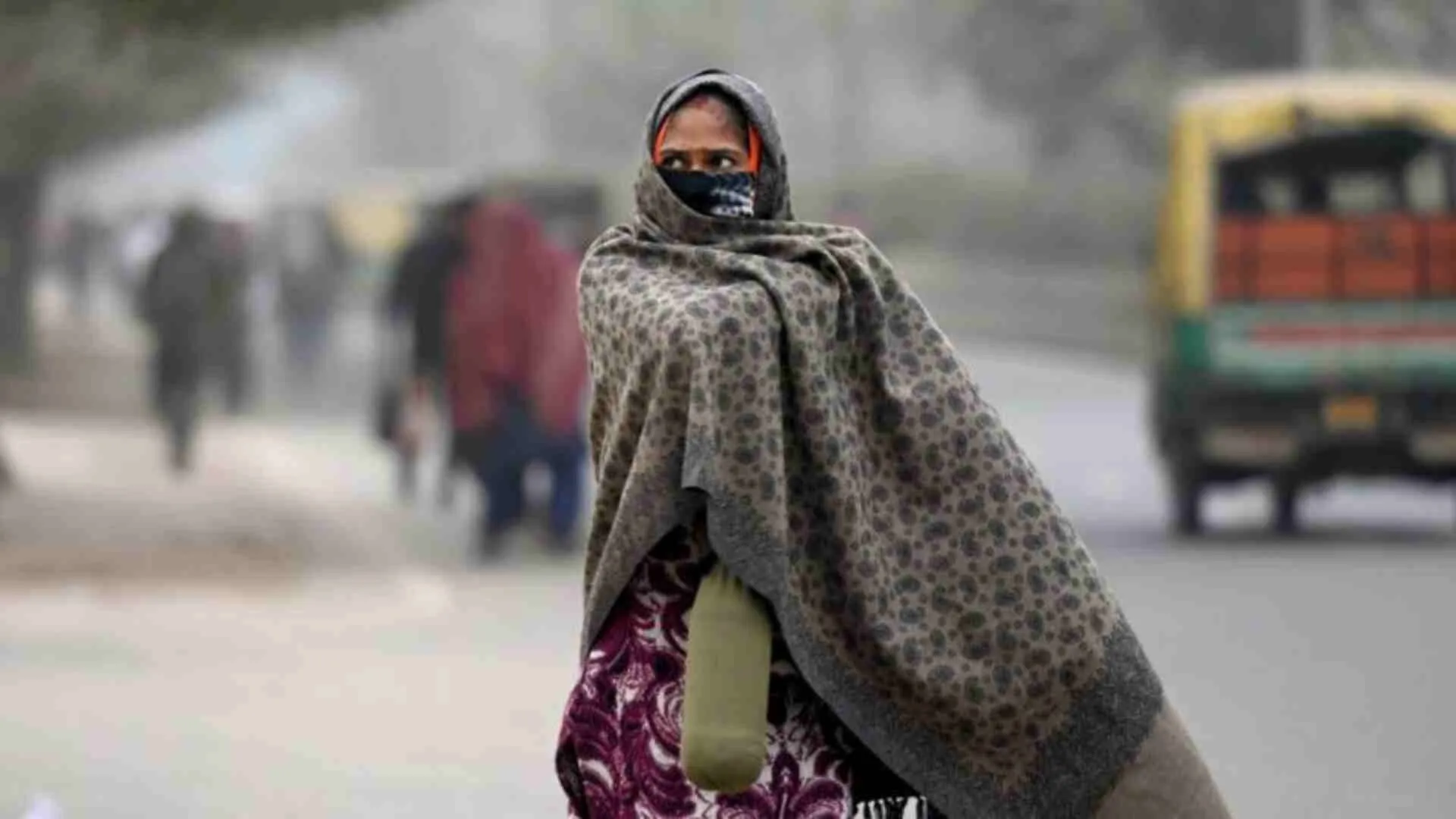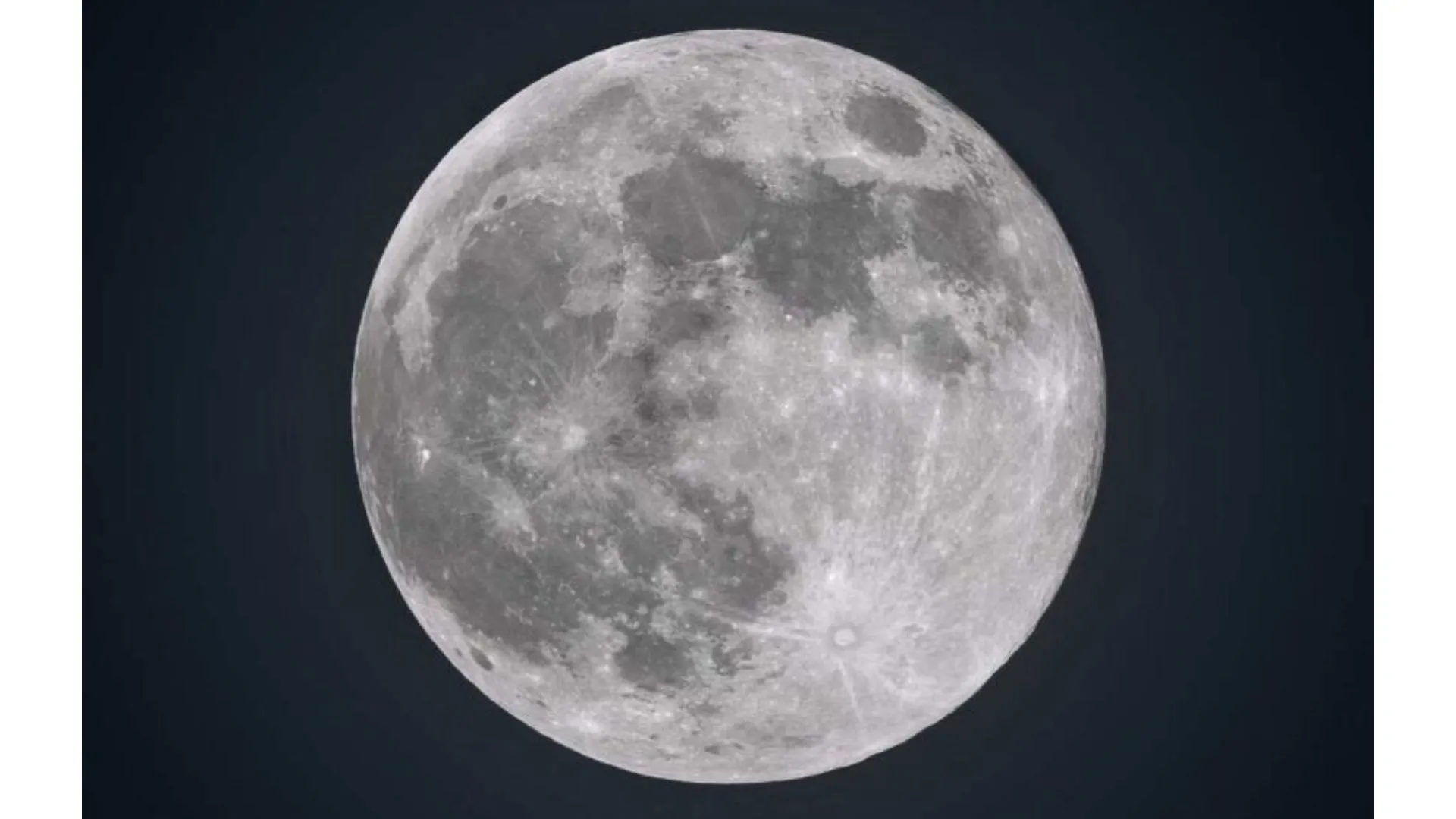In a recent judgment, the Punjab and Haryana High Court has struck down a law mandating 75 per cent reservation for local youth in private sector jobs in Haryana. Punjab-Haryana’s decision comes after similar failures in Andhra Pradesh, Karnataka, Maharashtra, Madhya Pradesh and Jharkhand, where efforts to implement similar reservation policies have been halted citing legal challenges.
The issue of reservation in the private sector has been controversial, with legal experts arguing that such policies conflict with the fundamental right to equality enshrined in the Constitution. In 1984, in the Pradeep Jain case, the Supreme Court ruled that reservation policies based on local resident were unconstitutional. This principle was reaffirmed in the 1995 Sunanda Reddy case, where the Court struck down an Andhra Pradesh government rule giving additional benefits to people educated in the Telugu medium.
The Supreme Court had consistently upheld the 50 percent cap on reservation established in the Indira Sawhney case of 1992. This decision also came in response to the Mandal Commission’s recommendation to increase the reservation quota, which the Court had refused to implement considering it excessive.
Reservation- What is the Future of Bihar
Despite these legal hurdles, the Bihar Assembly, like the Haryana government, recently passed a bill to increase reservation in the state to 75 percent. However, given the Supreme Court’s stance on reservation limits, the implementation of this law faces significant challenges.























